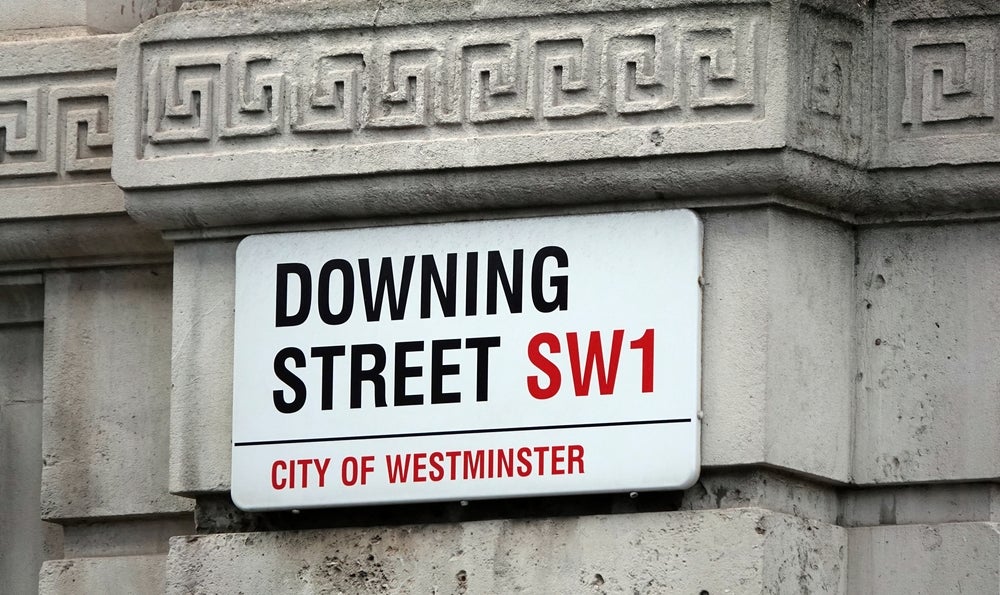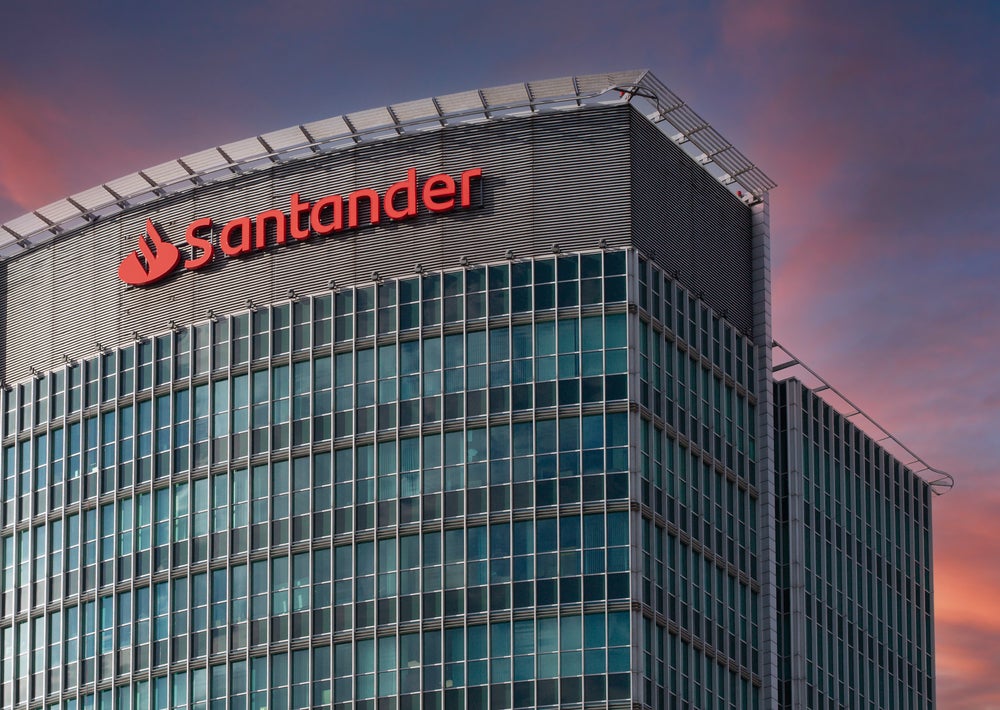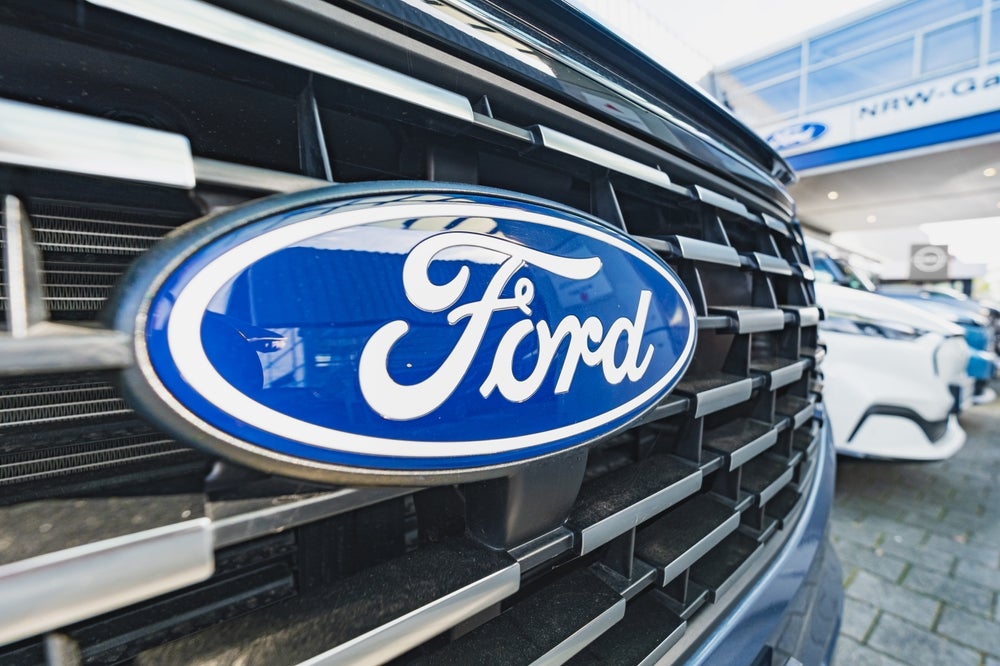
Rishi Sunak, the UK’s new Prime Minister, is set to announce a full autumn statement on 17 November. The news promises business leaders a modicum of stability and certainty following a tumultuous few weeks and months in UK politics. Paul Farnell reports on the unravelling of the Truss-Kwarteng administration.
Halfway through our interview with Paul Hollick, chairman of the Association of Fleet Professionals (AFP), Kwasi Kwarteng, the British Chancellor under Ex-PM Liz Truss (Sunak’s predecessor), is sacked.
“With the mini-budget, a lot of that looks like it’ll get reversed. I wouldn’t be surprised if the corporation tax decision is reversed, plus other bits and pieces,” Hollick told us at the time.
The following week would prove him right, but there were some things he didn’t know.
He told us, “What I don’t understand is why the government introduced a mini-budget without liaising with the Bank of England and Office for Budget Responsibility to make sure the numbers had been analysed in advance.”
Within a week, Truss also resigned. This article was originally pitched as an examination of Truss’s growth plan and how it would affect the motor finance sector. The answer, pretty definitively, is that it is not going well.

US Tariffs are shifting - will you react or anticipate?
Don’t let policy changes catch you off guard. Stay proactive with real-time data and expert analysis.
By GlobalDataThe big idea
When Liz Truss came to power at the beginning of September, it was clear from the outset that she was to make sweeping changes. In October, Kwarteng revealed his “mini-budget”, which among other things included a growth plan that would categorise more businesses as small businesses, meaning they were less subject to regulation, exempting potentially tens of thousands of companies. This was as part of a package that aimed to “cut red tape for business and stimulate growth”.
Reporting that many medium-sized businesses, those between 50 and 249 employees, spent over 22 staff days a month dealing with regulations, the idea was that this would release fast-growing businesses from reporting requirements and other regulations, boosting productivity and “supercharging growth”.
Claiming that over half of all businesses considered regulation to be a burden to their operations, the PM announced plans to widen exemptions to businesses with fewer than 500 employees for future and reviewed regulations. Her grand vision was that an additional 40,000 businesses would be freed from future bureaucracy and the accompanying paperwork that is expensive and burdensome for all but the largest firms.
For a long time, the European Union has defined SMEs as businesses with fewer than 250 employees, and they have benefited from some regulatory exemptions. Truss planned to use Brexit to expand the definition of SMEs to cover businesses of double that size. This exemption would also be applied to retained EU law currently under review.
The new threshold was brought in on 3 October, but even this was only considered a first step. The Government also had plans to potentially extend the threshold to companies with 1,000 employees eventually, alongside a package of other reforms.
This change was announced alongside decisions to abolish the 45% income tax rate, cancel the planned corporation tax increase from 19% to 25%, and scrap the cap on bankers’ bonuses. It was a plan to kickstart the UK economy, and “turn the vicious cycle of stagnation into a virtuous cycle of growth” according to the then-Chancellor.
The mini-budget also included plans to try and combat skyrocketing energy prices, with a tax-funded Energy Price Guarantee that would give money to energy firms to keep bills down.
A poor reception
The reception to this big idea was not ideal. Firstly, the pound underwent its greatest drop in value since the morning of the Brexit vote. Those on the right believe the energy price guarantee amounted to a state-funded handout, and those on the left argued it amounted to subsidising energy firms that were already making record profits.
It also left some energy customers entirely unprotected- particularly, the automotive sector.
Howard Cox, the founder of FairFuelUK, responded to the mini-budget by saying, "Average pump prices are very slowly rising again with opportunistic profiteers in the fuel supply chain taking advantage of the recent weak pound and the Brent oil price showing signs of a climb. Since June 1st, pump prices are down 10% yet bulk wholesale costs are down by much more at 30%.
"At FairFuelUK we estimate between 10 to 20p a litre in wholesale falls have not been passed onto drivers. Not only did Kwasi Kwarteng not drop fuel tax in his mini-budget that would have pleased the world's highest taxed drivers, reduce inflation, boost GDP and relieve the cost of living crisis, like previous Chancellors, he allows the fuel supply chain to continue to exploit drivers. It's past time and even truly immoral that an independent PumpWatch body has not been introduced, to protect 37 million drivers from this perennial profiteering."
Hollick also responded to the mini-budget with scepticism, pointing out that while growth should be welcomed, it could not occur at the expense of stability for businesses.
“In just a matter of days since the new prime minister and chancellor put their economic ideas into effect, we have seen the markets become deeply disorderly with just about every credible economic commentator saying more will follow,” Hollick said in a statement shortly after the mini-budget was announced. “It’s a situation where exchange rates are falling, bond interest rates are shooting up, inflation is likely to continue to increase and interest rates will be forced to rise. This will help create a scenario in which fleet managers will be tested to the extreme.”
Hollick predicted that the budget would lead to fleet operating costs increasing in terms of almost everything that fleets need – from parts to servicing to the vehicles themselves. From there, the cost of transporting people and goods would also be set to rise substantially, having a knock-on effect on retail and the economy as a whole.
“The Government argument against this backdrop might be that the growth for which they are aiming will outpace the pain we are seeing,” Hollick said. “I would very much be very pleased to be wrong here but it seems unlikely that will be the case given the evidence so far. Like any part of the business world, we want to see growth and we recognise its importance but that can only come against a backdrop of relative strength. Fleets and the businesses they serve need stability. We do not currently have that.”
His comments were echoed when we spoke to Toby Poston, Director of Corporate Affairs for the British Vehicle Rental and Leasing Association (BVRLA). “We would say we support the wider aim of encouraging growth and business investment which has been a problem for a long time in the UK economy, but they are long-term goals,” Poston says. “What we don’t want to do is promote them at the cost of major disruption and uncertainty in the short term, particularly with things like rising interest rate rises which have a damaging impact on consumer confidence, especially when they are rising a lot in a short space of time. That is creating uncertainty for leasing companies if they are taking orders for 12 months’ time and don’t know what the interest rates will be.”
By the time we spoke with Hollick ourselves, the day of Kwarzeng’s sacking, he was no more enthusiastic about the policy.
“The whole thing is not helpful to the economy. Inflation isn’t abated, parts are becoming more expensive and difficult to find and salaries need to go up,” Hollick tells us. “So, things will get more expensive and difficult for fleet managers.”
A common criticism is while the aims and purpose of the policy were touted as “growth”, the truth is the policies would cost a lot of money while directing it to places that would not achieve that goal.
“If we were to take some of those billions the government is spending on tax cuts, we would rather it be allocated to giving leasing access to capital allowance incentives,” says Poston. “A more generous capital allowance scheme would really drive a lot of investment in net zero.”
Changing the rules
If there is one thing you can count on most businesses to respond positively to, it is “fewer regulations”. The motor finance sector in particular has seen a rotating door of regulations and rules over the last few years, from the upcoming Consumer Duty, to the Consumer Credit Act, to changes to the Appointed Representative (AR) regime. All of that is aside from the “bonfire of regulations” due to kick in at the end of next year when hundreds of thousands of EU regulations will no longer apply, and as yet, the government has not set about replacing them. But even the Truss government’s decision to exempt companies with less than 500 staff received a mixed reception from the business world.
“It will impact a lot of supply chains, particularly small and medium enterprises, positively and negatively,” Hollick says. “We just have to wait and see what will happen in the medium term.”
Poston went further, arguing that what the industry needs now is not more or less regulation, but for the rules to stay the same long enough for businesses to sensibly adapt to them.
“To be honest, I think we’re getting to the stage where a lot of businesses would appreciate some certainty and stability in regulation,” Poston says. “They prepare and get ready and then it changes. It’s almost irrelevant if the regulations are good if they keep having to change. A period of stability where they know what they’re dealing with would be a great thing.”
He adds, “Less is definitely more. We appreciate you want to cut red tape and look after consumers and take advantage of the Brexit dividend, but businesses are pragmatic and want certainty and stability.”
But what does the industry need?
That said, there are areas where government policy really could have an impact and support the automotive sector, particularly around the transition to electric. For instance, as more people use electric vehicles, the tax revenue from fuel duty will decline, and given that money is frequently redirected back into Britain’s roads, that income will need to be replaced.
“What we’re really worried about at the moment is the company car tax and what’s happening in the move to electric vehicles reducing fuel duty,”
Hollick says. “There are a lot of people ordering vehicles without knowing what the car tax will be. For vans, as we move towards the electric future we’re experiencing issues with OEMs. Discounts are being reduced because there is no need for them with the current supply and demand. That is increasing pricing on cars and vans, making income sacrifice less appealing.”
Poston agrees that tax policy is going to be a key area for the sector moving forward. “Tax policy is an area where there’s maybe not enough activity going on, and that contrasts with the regulatory side and this fumbled attempt to drive growth,” he says. “There is not enough foresight and direction of travel to replace the current tax regime. We need more foresight, particularly in how to maintain incentives on electric vehicles as the cost of energy is rising. We need to know what will replace fuel duty in road-user pricing. We need someone brave to come up with a plan and a strategy and work with us on that transition while maintaining revenues in the treasury.”
All of this is taking place in the shadow of a pressing need to electrify and decarbonise, and the need for incentives for consumers and businesses to do that.
“We are trying to make sure we can electrify vans in the market, improve infrastructure for charge points nationally in quality, and more importantly quantity for those without access to home charging,” Hollick insists. “VAT on EV highway charges being at 20% is not great, and there’s no energy cap so they get no protection from rising energy costs. This means charge point costs are 200% of what they were two years ago. This will have serious consequences, slowing down decarbonisation for corporate fleets.”
But over and over again, the recurring concern is stability. The political crisis is just the latest in a long line of “interesting times” that includes regulatory overhauls, the pandemic, and Brexit, to name but a few.
“Businesses just want stability in terms of the financial environment, particularly interest rates, to give business and consumers a bit more confidence,” Poston says. “We’re not expecting a lot of confidence, but we want to be short of panic. The Government and Bank of England have a job to do there, setting the right policy and spending plan is part of that.”
Hollick agrees when we talk to him in the aftermath of Kwarteng’s removal as chancellor. He tells us, “The worst thing is there is no clear leadership or decisions that make sense in alignment with government offices. Which is poor. This is what has created this environment. Kwasi should have been aligned with other agencies.”
When we contact him a week later, to see if he has any further comments in the aftermath of the resignation of Liz Truss, he replies simply, “No change to my opinion!”
Kwarteng's Mini Budget fails to put SMEs front and centre







